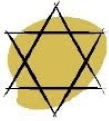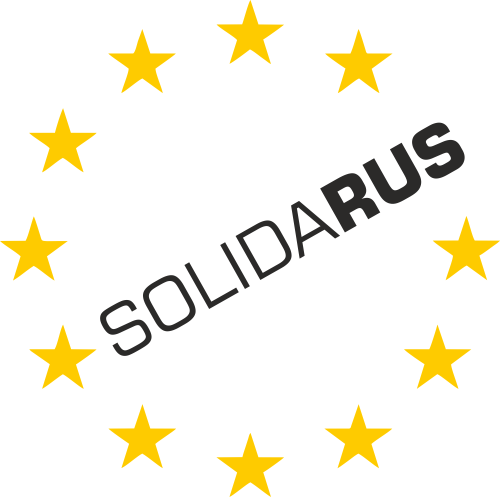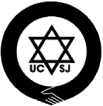The Kremlin’s Political Prisoners: Sergei Surovtsev
A criminal case of violence against government officials and the riots in Moscow, which allegedly occurred on July 27, 2019 during the largest “unsanctioned” protest rally, was opened on July 30. More than 20 people were accused during this investigation.
Sergei Surovtsev, a 30-year-old IT professional, was detained on November 28, 2019. He was charged under Part 1 of Art. 318 of the Criminal Code (non-dangerous violence against a government official). According to investigators, Surovtsev raised a metal object taken from a riot-control fence and “hit” the fingers of Alexander Ostroverkhov, a Russian Guard, with it causing him physical pain.
On December 24, Tverskoy court in Moscow sentenced Surovtsev to two and a half years in a general regime prison.
The Memorial Human Rights Center believes that Sergei Surovtsev is being persecuted for political reasons in connection with a non-violent exercise of his right to freedom of peaceful assembly. According to international guidance, Surovtsev is a political prisoner. We are requesting to drop all the charges and release Sergei immediately.
Why Memorial Human Rights Center considers Sergei innocent:
The video recording of Sergei Surovtsev’s “crime” shows that, being in a crowd of demonstrators trying to get to the Moscow City Hall, he took up the fence section with which the security forces blocked the sidewalk. Raising this barrier, Surovtsev began to move quickly with it towards to a chain of Russian Guards. The servicemen put their hands forward and grabbed the fence. After this, Surovtsev fled. This entire episode lasted less than 10 seconds.
It is obvious that Surovtsev did not inflict a deliberate blow to the fingers of officer Ostroverkhov.
The “victim” did not receive any, even minor, injuries, and did not pay much attention to this incident that day, which he reported to the court. The victim did not seek medical help. His words that he experienced physical pain were no longer confirmed.
Representatives of the Memorial Human Rights Center were at the scene of the July 27 events. They have documented and examined in detail all available records of protests and “clashes” between the demonstrators and security forces. Based on this expert assessment, the Memorial Human Rights Center has determined that the demonstration on July 27, 2019 was peaceful.
According to Article 31 of the Russian Constitution, freedom of peaceful assembly is one of the most important civil rights; and it is the duty of authorities to facilitate organization of such events to ensure public safety. However, on July 27, 2019, Russian authorities did the opposite: they attempted to prevent a peaceful action, worked to disperse it, and detained about 1,500 participants using disproportionate violence. Unlawful obstruction of a rally, demonstration or assembly is punishable under Article 149 of the Criminal Code of the Russian Federation for up to three years of prison.
Why Memorial Human Rights Center considers the persecution politically motivated
We are confident that the authorities are conducting this criminal case in order to put pressure on potential participants of street protests, to intimidate them and prevent such actions in the future.
It is also clear that the sentences against oppositional activists had been determined in advance prior to their actual arrests. It was public statements by the Moscow Mayor Sergei Sobyanin and Putin’s Spokesperson Dmitry Peskov who claimed that “mass riots” had occurred in Moscow, that served as calls to action. These statements were an implicit order to the Russian law enforcement and judiciary.
State television and other pro-government media outlets dutifully complied and started producing reports of the alleged “riots.” They claimed simultaneously that protesters were criminals, sponsored by the West, “nonresidents” (implying that they were not Muscovites and therefore their rights were not violated by the exclusion of independent candidates for the Moscow City Assembly elections).
The fact that accusations from several people were dropped under public pressure confirms that they were based not on the law, but on the political order by the authorities.













